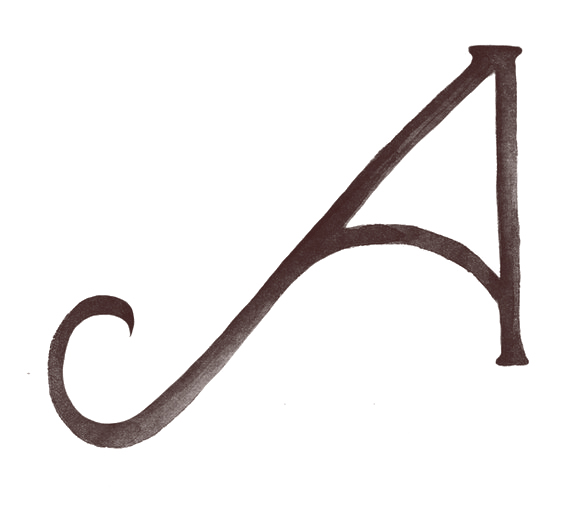Short and Sweet: Why short stories matter
While many fiction readers love the concentrated pleasure of short fiction the form is not one Australian publishers seem keen to support.
A glance at the lists of major imprints suggests that, where fiction is concerned, the novel reigns supreme. So why do short stories matter, and what, for writers, is the point of them? As a lover of short, and indeed, very short fiction, I would argue the case for the short form on four main grounds; craft, experimentation, story gathering and exposure.
Primary among these is craft. Many fiction writers leap straight into novel writing. They convince themselves that they will find all the skills they need within what they have learned as students and readers. But good writing takes practice. Finding a voice, understanding the nuances of plot and character, and creating prose that will engage readers through perhaps sixty thousand words of a first novel—these things rarely come naturally.
There is no better ‘place’ to develop the skills of long form fiction (or narrative non-fiction) than the short story. Capturing a story in perhaps a couple of thousand words requires precision, and rewards technique. Bluster has no place. But while short fiction is demanding of the skills and craft of the writer its brevity allows for failure—a prerequisite of creative development in any form.
Thus the short story provides a relatively risk free way for writers to experiment. Without experimentation the light bulb moments that come with the discovery of a passion for writing will appear less frequently, until, at some point, the exercise of writing becomes unsatisfying. Experimentation is what makes us ‘creative writers’.
A greatly underestimated part of writing fiction is the distillation of narratives—the metaphysics that recognises something about a yarn, a chance encounter, an idea and spins it into a piece of crafted fiction.
Regular writing of short stories trains writers to discover the stories they want to tell and understand what ideas might work in other forms. Many novels, after all, started life as short stories. Short stories allow us to gather ideas.
And because journals regularly call for short story submissions and short story competitions proliferate short stories provide a great platform for developing writers to gain exposure and to work, in a practical sense, as writers.
If nothing else submitting to these opportunities develops, in writers, one of the attributes most writers who persevere require, and that is a thick skin. Rejection is part and parcel of most writing practices.
In short—which is the way I like it—short stories keep fiction writers on their toes, which is where they need to be.
Even if you’re slugging your way through a novel, and that’s your writing dream, I’d recommend a few side trips down the dusty tracks of the short story.
Yours may or may not be the next ‘great Australian novel’ (I’ll let you do the odds), but I guarantee your manuscript will benefit from forays (successful or otherwise) into the shorter form.
May your words pour onto the page,
Richard Holt’s ‘Ambush’ has just been published in the collection A Box of Stars Beneath the Bed (National Flash Fiction Day and Gumbo Press), Southampton, UK, 2016


